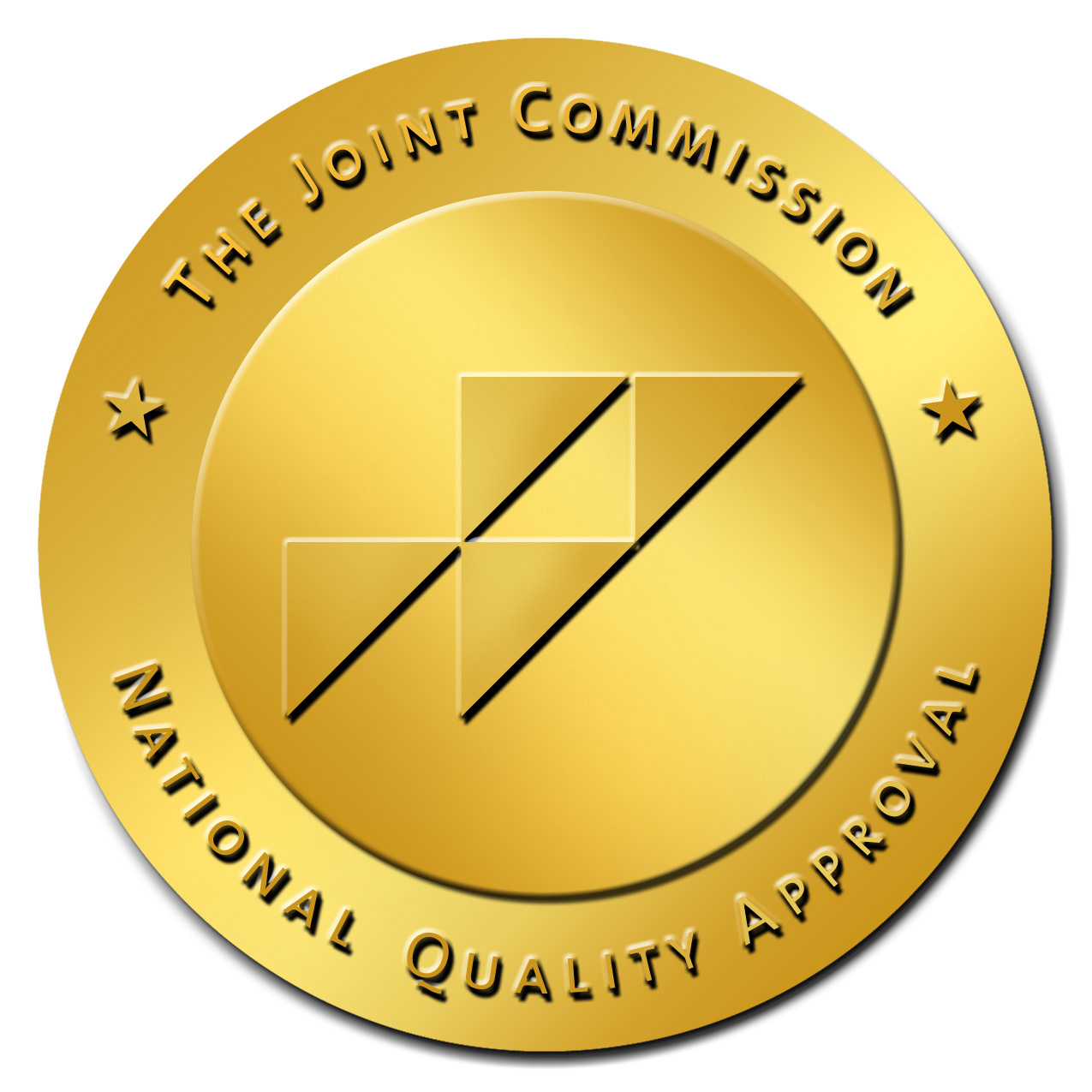The Most Important Quality Improvement Measure: Patient Follow-Up
One of the biggest misconceptions in medicine right now, which also happens to be one of the most costly, is that the patient’s care ends when they are discharged. The truth is, often times it’s what happens (or doesn’t happen) when a patient goes home that determines their outcome. Whether they end up readmitted or not, the key metric of 2015 is one that you might not even be aware you’ve been missing.









